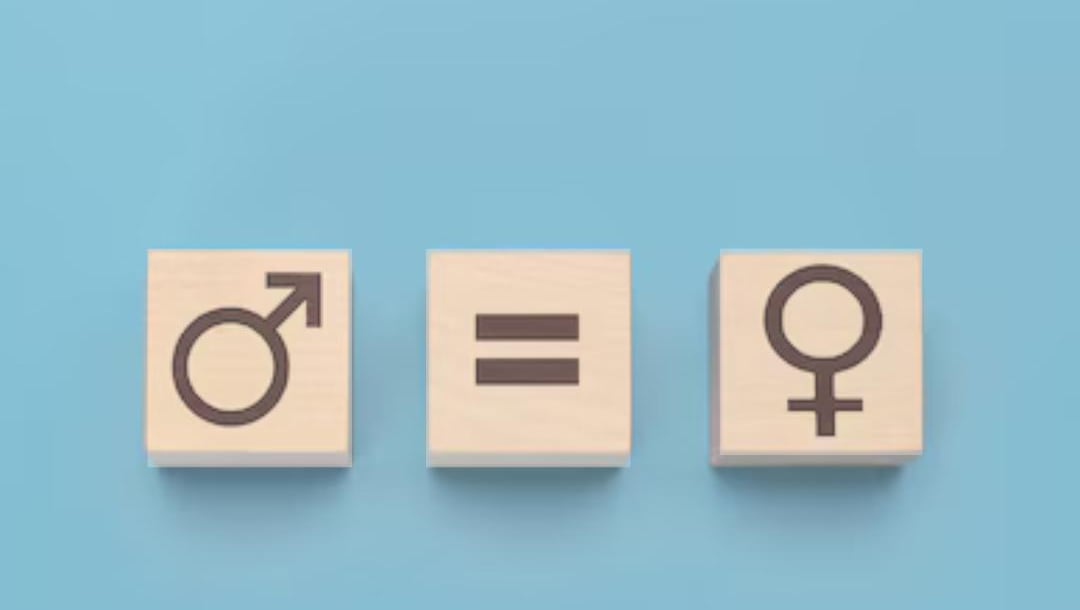Strategizing from 7 cities across the globe
ENOUGH! Time to Fight and Have Equal Rights
Lebanon is famous for its relative social freedoms compared to other Arab countries in the region. Despite this liberty, many complex social issues persist, and one of these is gender inequality.
FEMINISMMIDDLE EASTDEMOCRACYCIVIL SOCIETY
Hibatollah Khazem
4/15/20253 min read


Introduction
Lebanon is famous for its relative social freedoms compared to other Arab countries in the region. Despite this liberty, many complex social issues persist, and one of these is gender inequality. Throughout the past few years, there have been major advancements in including women in labor and education. Nevertheless, women’s social representation remains majorly limited as they still experience inequality. In 2019, different protests were conducted by Lebanese females demanding equal rights, yet ingrained gendered social norms prevent this equality to this day.
Gender Discrimination and Patriarchal Social Norms
In 1953, Lebanon was the first Arab country to provide females with equal rights to participate in politics, yet their representation remains unequal compared to men. The sectarian-powered patriarchal political system has been contributing to gender inequality. Moreover, in Lebanon, females are free to move and dress the way they desire, yet this does not signify that they have equal rights. According to the World Economic Forum (2024), Lebanon ranks 133 in the Global Gender Gap Index 2024. Many women experience discrimination at work and in society due to their gender.
Furthermore, the personal status and family laws are governed by political religious patriarchal courts that support males more than females in different cases such as inheritance, marriage, and divorce. Unfortunately, a woman can lose custody of her children if she attempts to divorce her husband, even if he’s abusive (Shivani, 2025). Additionally, Lebanon lacks a civil code for the formerly mentioned issues. These political and religious patriarchal norms have formed a cage that entraps women in inequality and bias. For instance, Decree 15 of 1925 still prevents Lebanese females who marry non-Lebanese males from passing the Lebanese nationality to their children, who won't have the right to vote, won’t be considered Lebanese citizens legally, or even have a government job (Shivani, 2025).
Women remain susceptible to gender-based violence, marital rape, and sexual abuse. In 2020, 43% of females and 30% of males reported witnessing violence or knowing a female who had experienced violence (Rached, 2023). Even if raped, females are still the ones who are blamed, and that would be considered “legal”. The lack of proper legal measures that protect Lebanese females from abuse and harassment is contributing to the increase of rape among Lebanese females. Data on recent rape rates is still lacking, yet, in 2015, it was reported to be 3.3 cases/ 100, 000 Lebanese females (Knoema, 2024).
Importance of Women
Many Lebanese males still consider that females’ only job is childbearing and performing house chores. However, this is not the reality. Lebanese females, especially mothers, are resilient, and many are capable of balancing their careers, personal lives, and caregiving responsibilities. They are able to pursue their responsibilities and endure different hardships. Women are the backbone of society, and without them, society would collapse. They make up half the population, and therefore, half its potential. By erasing them and stunting their participation in public life, society will never fully advance.
Time to Fight and Have Equal Rights
The condition of women in Lebanon is alarming. It is time to tackle it and develop social reforms. Patriarchal laws and religious gendered courts should be dismantled. It is essential to have proper personal status laws that provide equal rights to females and males, develop a gender quota law, and create legal laws that protect women from sexual harassment and domestic violence, even in marriage. Calls for equal gender rights from different actors and NGOs such as Kafa must be heard. Women should finally be recognized and appreciated.
References:
Knoema. (2024). Lebanon-Rape Rate. https://opendataforafrica.org/atlas/Lebanon/Rape-rate
Rached. R. (2023, November 24). The 16 Days of Activism Campaign against Gender-Based Violence kicks off in Lebanon as violence increases amid current multi-layered crisis. https://lebanon.un.org/en/253740-16-days-activism-campaign-against-gender-based-violence-kicks-lebanon-violence-increases
Shivani, V. (2025, March 7). An Advocate for Women of the Middle East — and Herself. https://www.nytimes.com/2025/03/07/business/women-leadership-lebanon-rights.html
World Economic Forum. (2024, June 11). Global Gender Gap Report 2024. https://www.weforum.org/publications/global-gender-gap-report-2024/digest/
